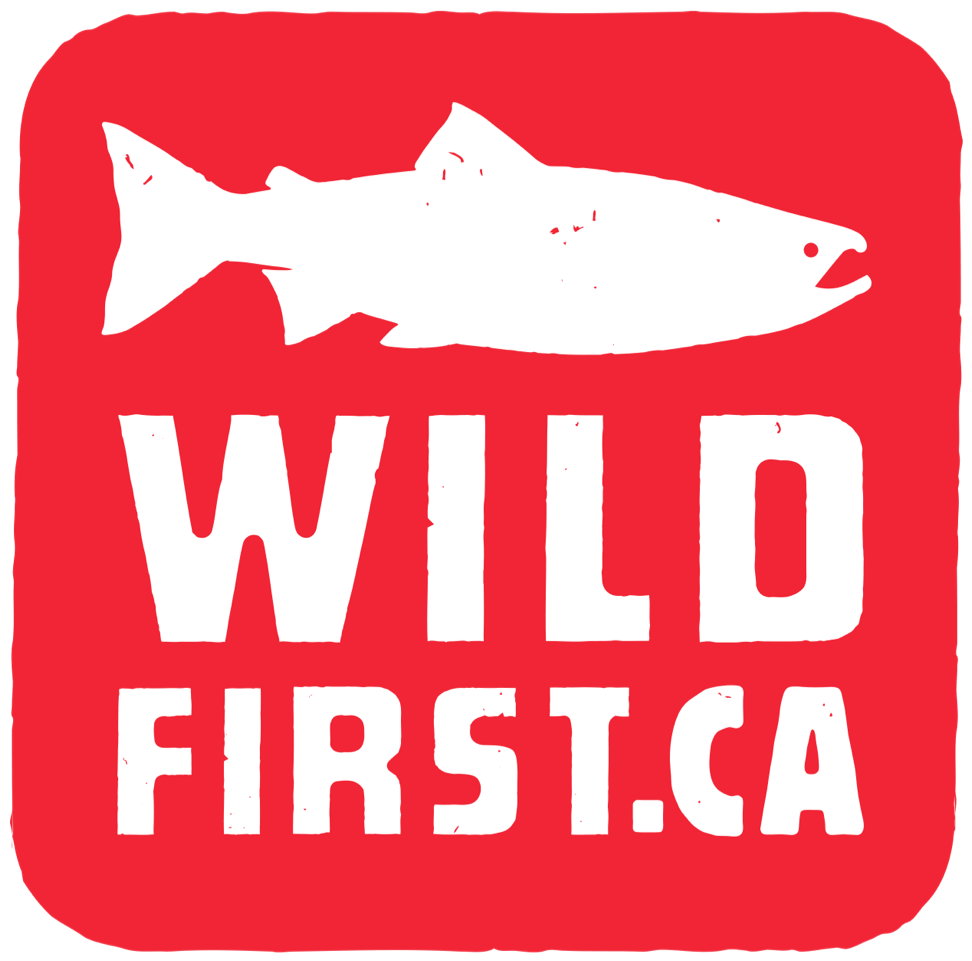The Department of Fisheries and Oceans is not protecting wild salmon – it’s protecting fish farms
On May 7, 2018, government scientists joined scientists from the Pacific Salmon Foundation to publish a paper showing that Piscine Orthoreovirus (PRV) is implicated in the development of jaundice and anemia in Chinook salmon in BC.
You can click here and read the paper: The same strain of Piscine orthoreovirus (PRV-1) is involved with the development of different, but related, diseases in Atlantic and Pacific Salmon in British Columbia.
The Science Proves the Risk
Why is this research paper a game-changer? Put simply, PRV, the same virus which causes disease in Atlantic salmon, is highly associated with a similar disease in Chinook salmon – a Pacific species. The presence of farmed Atlantic salmon is putting our Pacific salmon at risk.
In technical terms, the research paper does the following:
- Confirms the presence of the same strain of PRV in both Atlantic and Chinook salmon, and shows its relation to the Norwegian virus;
- Demonstrates the presence of PRV and “Heart and Skeletal Muscle Inflammation” (HSMI) in a number of Atlantic salmon farms and across years;
- Documents the development of disease associated with PRV in both Atlantic and Pacific species –HSMI in Atlantics, and “jaundice and anemia” in Chinook, which involves a mass rupture of red blood cells causing kidney and liver damage that can lead to death;
- Summarizes evidence showing that PRV may also be causing jaundice and anemia in Coho salmon and Rainbow trout around the world; and
- Provides a plausible explanation for why PRV causes anemia in Pacific salmon but not in Atlantic.
Consider that when Chinook salmon are sick, they are weak and they face a quicker death in the wild, as a result. This, at the same time when our southern resident Orcas are on the verge of extinction because they cannot find enough Chinook salmon to eat.
And now the weight of evidence worldwide confirms PRV as a disease agent that is harmful to the protection and conservation of salmon – a keystone species.
The Department of Fisheries and Oceans (DFO) is prohibited by law from authorizing transfers of fish carrying disease agents into BC’s coastal waters. This new evidence adds strongly to the need to invoke the Precautionary Principle and to stop the transfer of PRV-infected Atlantic smolts from hatcheries into the ocean.
We Are Failing Wild Salmon
The very existence of this scientific paper and its timing is proof that DFO is not discharging its mandate to protect and conserve wild salmon. The paper must have been submitted for publication weeks, if not months, ago. Yet on March 5, 2018, DFO updated its science policy, used to direct aquaculture management decisions, and this recent scientific paper in no way informed that policy.
Further, between March 5 and March 23, 2018, DFO and Marine Harvest Canada argued in Court that PRV is not harmful to wild salmon. And yet it appears that during that entire time, DFO must have known that its own scientists were about to publish a paper which shows that PRV poses a significant risk to the severely depleted wild salmon stocks that the ‘Namgis First Nation were in Court trying to protect.
During the same period, the Court found that transferring fish infected with PRV into the ocean could cause irreparable harm to the ‘Namgis. Despite this finding, and DFO’s own knowledge of the harm, which PRV poses to Pacific salmon, DFO issued a transfer license without testing for PRV.
The Law Calls for Wild First
In failing to act in accordance with science and the Precautionary Principle – which is the law of the land – DFO abandoned its mandate to protect and conserve the wild fish in order to protect fish farms. Now that the evidence is out and Canadians are aware of this serious scientific miscalculation perpetrated by the Department of Fisheries and Oceans, it is time to call on DFO to right its past mistakes and become a strong advocate for wild salmon.
Canadians expect their governments to follow science and the law and to put Wild First.
